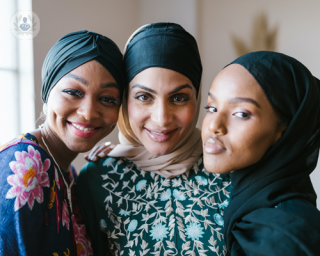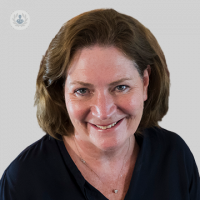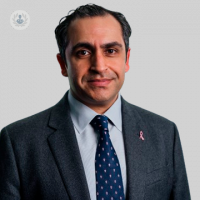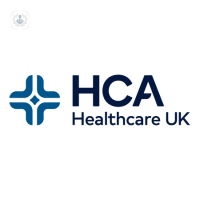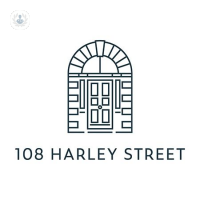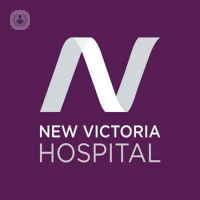Family history of breast cancer
What counts as a family history of breast cancer?
If many members of your family have or had cancer, there is a possibility that it may be caused by a faulty gene that might increase your risk of developing cancer. This is known as a family history of cancer.
In the case of breast cancer, genes that may increase the risk are BRCA1 and BRCA2. An abnormal CHEK2 gene may also play a role in the development of breast cancer. Scientists are looking into the possibility of other genes increasing risks.

Does breast cancer usually run in families?
Some breast cancers are caused by genetic mutations. If someone has one of these mutations, there is a 50% chance that it will be passed on to their children.
While someone with a faulty gene is more likely to develop breast cancer, it is not an inevitability. Most cases of breast cancer occur perchance. It is estimated that only 5-10% of cases result from a faulty gene. In the incidence of a family member having breast cancer due to a genetic abnormality, their relatives have an increased risk of developing cancer, but it is not a certainty.
Who is more susceptible to breast cancer?
If someone has an immediate or first-degree female relative, like mum or sister, who has had breast cancer, their risk of developing it doubles. If two immediate female family members are diagnosed, then you’re five times more likely to develop it as well. A male family member having breast cancer can also increase the risk, but it is undetermined by how much.
Blood tests to determine if someone has BRCA1 or BRCA2 gene mutations can be carried out. They only test for known genetic mutations that cause breast cancer, so they are not entirely accurate. According to the National Cancer Institute, this tool can be used to assess your risk of breast cancer.
Does cancer skip a generation?
Inherited breast cancer genes cannot skip a generation. There is a 50% chance they will be passed on from a parent to their child.
When should I get a mammogram if I have a family history of breast cancer?
Generally, it is recommended to start getting a mammogram annually once women are between the ages of 40 and 45. If you have a higher risk, then you should attend screenings more frequently, and often from a younger age.
You may be referred by your GP to visit a specialist for a mammogram if:
- An immediate family member has it under the age of 40.
- If both an immediate and close family member, like aunt or cousin, have been diagnosed.
- A concerning gene was detected in a family member.
Additionally, MRI scans may be carried out in conjunction with mammograms. It is essential that if cancer does develop, it is detected as early as possible to ensure it can be treated promptly.
How can I reduce the risk of developing breast cancer?
Some risk factors of breast cancer cannot be changed. These include age and having an inherited abnormal gene. However, certain steps can be taken to reduce some of the risk of developing breast cancer by:
- Making healthy life choices: This includes maintaining a healthy weight, exercising, reducing alcohol intake, eating a balanced diet, and quitting or avoiding smoking.
- Taking hormone therapy medicine: Hormone-receptor-positive breast cancer cells have receptors for oestrogen, progesterone, or even both. This means that the cancer cells require these hormones in order to grow. Hormone therapy medicine is designed to prevent the development of this form of cancer by reducing the amount of these hormones produced.
- Having prophylactic, or preventative, surgery: This is the removal of a healthy breast if a risk gene has been detected. It can reduce the risk by up to 97%, most of the breast tissue is removed, leaving the patient with very few breast cells that could develop cancer. No procedure can, however, eliminate the risk of developing cancer completely, it can only reduce it.

